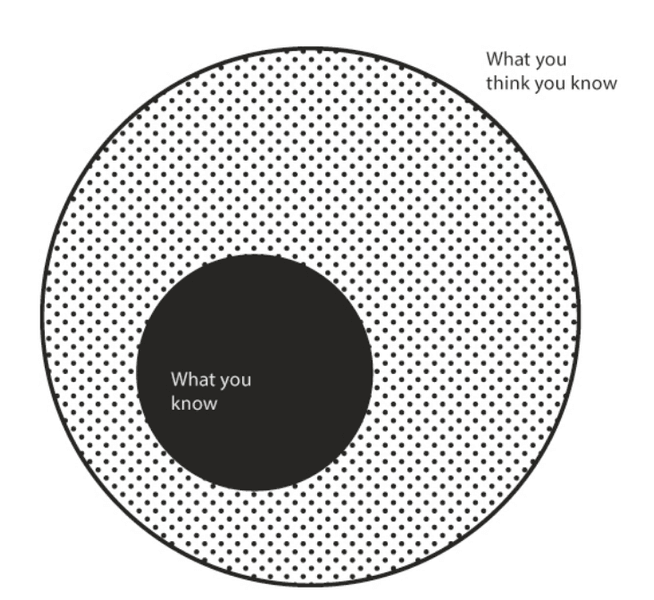The Best Mental Models


Rather than focusing on having a brilliant day, why not consider what a crap day would look like and avoid that? It will likely be easier and will achieve similar results. Or, as Charles Munger pointed out: "It is remarkable how much long-term advantage people like us have gotten by trying to be consistently not stupid, instead of trying to be very... See more
Inversion
This is what mental models are: ideas from diverse fields that can aid your life. In this sense, improving vocabulary is a meta mental model. It’s a way of finding and organising new mental models.
Neil Kakkar • Vocabulary as a Meta Mental Model
“Invert, always invert: Turn a situation or problem upside down. Look at it backwards. What happens if all our plans go wrong? Where don’t we want to go, and how do you get there?
"Instead of looking for success, make a list of how to fail instead–through sloth, envy, resentment, self-pity, entitlement, all the mental habits of self-defeat. Avoid t... See more
"Instead of looking for success, make a list of how to fail instead–through sloth, envy, resentment, self-pity, entitlement, all the mental habits of self-defeat. Avoid t... See more
Inversion
If you don't have the underlying experience, then it just reads like a collection of quotes. It's cool, it's inspirational for a moment, maybe you'll make a nice poster out of it. But then you forget it and move on. Mental models are really just compact ways for you to recall your own knowledge.
Eric Jorgenson • Almanack of Naval Ravikant
Moat:
“An intrinsic characteristic that gives the business a durable competitive advantage” - Munger
People who learn to extract the key ideas from new material and organize them into a mental model and connect that model to prior knowledge show an advantage in learning complex mastery. A mental model is a mental representation of some external reality.
Mark A. McDaniel • Make It Stick: The Science of Successful Learning
